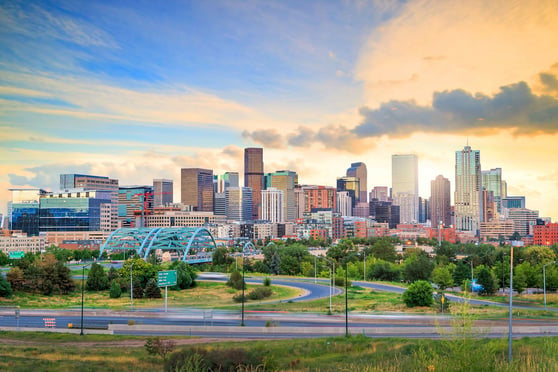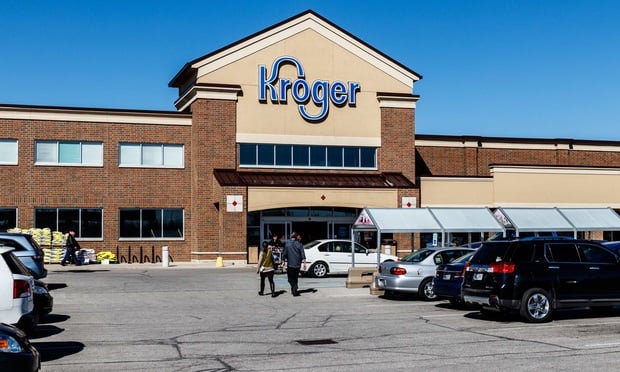Denver developer Bruce Berger says he needs the subsidy for the 1,100-room undertaking. The Denver Urban Renewal Authority would be the funding agent. Last week, the council approved the subsidy's first reading on an 8-4 vote, but several council members have since said they may change their minds.
Some council members want the hotel to be union. The union wants strict neutrality, but Hyatt officials say they also want to be able to tell workers their side of the story. Mayor Wellington Webb, a strong union supporter, says the union issue is a private decision and the city shouldn't interfere.
Eugene Dilbeck, president of the Denver Convention & Visitor's Bureau, says if the vote fails, Denver immediately will lose $109 million in conventions that tentatively have agreed to come to Denver between 2004 and 2010--to a convention center that's double in size and complemented by a hotel. If the city can't guaranty the projects will be ready, some conventions will cancel, he says.
Initially, 44 conventions with a total value of $517 million have signed on for the new facility, but nine already have dropped out due to project delays, costing the city $116.7 million in new business.
"If it gets postponed, it is going to make it very difficult for us," Dilbeck told GlobeSt.com. "That's not to say we'll never regain this business, but many of them have very small windows when they can book future conventions. We might not have another chance to go after their business until 2010 or 2014."
Meanwhile, the Hotel Employees and Restaurant Employees Union says if council approves the hotel deal, it may call for a voters referendum. "The hotel projects are an extremely expensive, risky project that voters should have had an opportunity to vote for or against," says Mike Cerbo, Local 14's secretary-treasurer in Denver. "If the city approves this subsidy without addressing the risks, it would be entirely appropriate for the issue to go before the electorate."
While voters had approved the convention center expansion in November 1999, the ballot question did not propose to subsidize a private hotel. But many council members at the time publicly said that the new convention center couldn't go forward unless there would also be a new hotel, which would need to be subsidized.
"What were voters promised? They were told we were issuing debt to build a new convention center, but it would not be built unless it was tied to a convention hotel," councilwoman Cathy Reynolds told GlobeSt.com. "The political promise was that we would not go forward with a convention center without a convention center hotel that would have at least 1,000 rooms. Upfront, we said that would require a subsidy. That is exactly the path we are going down now.
Want to continue reading?
Become a Free ALM Digital Reader.
Once you are an ALM Digital Member, you’ll receive:
- Breaking commercial real estate news and analysis, on-site and via our newsletters and custom alerts
- Educational webcasts, white papers, and ebooks from industry thought leaders
- Critical coverage of the property casualty insurance and financial advisory markets on our other ALM sites, PropertyCasualty360 and ThinkAdvisor
Already have an account? Sign In Now
*May exclude premium content© 2024 ALM Global, LLC, All Rights Reserved. Request academic re-use from www.copyright.com. All other uses, submit a request to [email protected]. For more information visit Asset & Logo Licensing.








